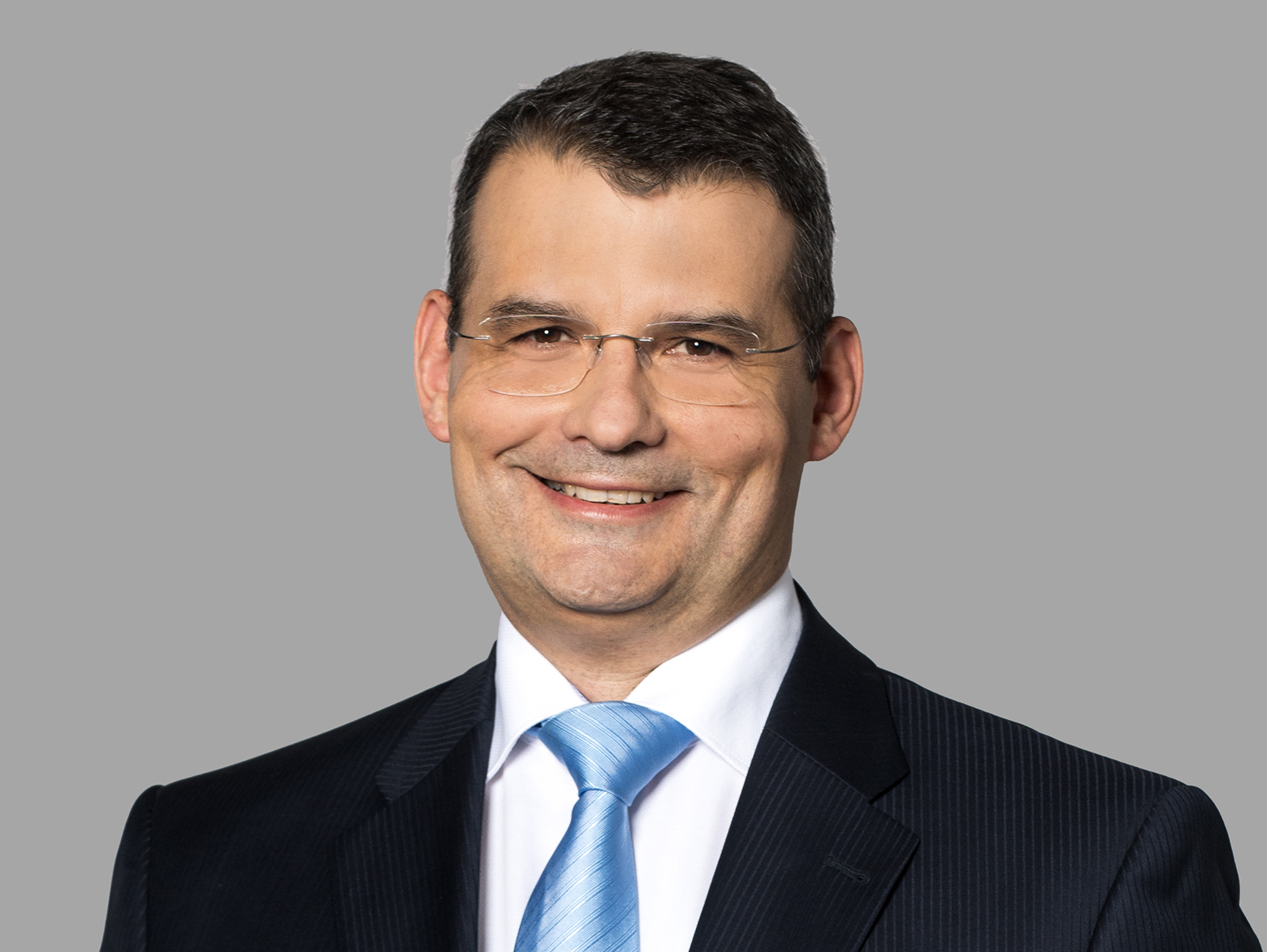Investment 2023 Chapter Closes, and 2024 Opens, but What Changes?

Richard Lock, founding partner, Lakatos, Köves & Partners
Another year, another crisis. What’s new? COVID may have almost disappeared, but the war in Ukraine drags on with no early end in sight; the last year has seen weather pattern changes and extremes, and we have conflict in the Middle East, political uncertainty, and the emergence of AI as a real issue, with some commentators seeing apocalyptic implications for the world. Despite all that, and with Hungary being affected, more or less, by all of these factors, business continues, almost “business as usual.”
As a law firm focusing on advising foreign investors, Lakatos, Köves and Partners sees trends emerging and the business world’s responses to the situation. Life has not been quiet.
The big investment story remains the automotive sector, particularly batteries and electric vehicle technology. Hungary now ranks fourth in the world for battery production, with CATL’s EUR 7 billion project near Debrecen being the flagship investment. A steady flow of interest is being shown (resulting, for a law firm, in frequent requests for proposals from investors) from China, South Korea and Japan, but China is undoubtedly the dominant player.
The message that Hungary is open to investment from China has been sent and received. The “Opening to the East” policy launched by the Orb‡n government more than 10 years ago is bearing fruit. For lawyers working on these investments (generally greenfield projects rather than the acquisition of existing businesses, as there are no existing businesses in these technologies), advice is needed on a wide range of topics, from company establishment and land acquisition to site development contracts, taxation, trade issues, grants and subsidies, labor law, environmental law, energy law and endless contractual arrangements. As this process continues, activity begins in many different areas, such as logistics, the rolling out of charging station networks, battery recycling, and distribution networks for new producers.
On the back of the drive to decarbonize and driven by the war in Ukraine, the energy sector is attracting significant attention and investment across the full spectrum of energy sources. Despite that, there is continuing dependence on gas- and coal-fired plants and ongoing transactions involving them. Hungary continues to rely heavily upon nuclear energy from the Paks NPP; however, the status of the refurbishment led by Rosatom remains subject to uncertainty, with an increasing number of non-Russian contracting parties being brought into the picture.
Renewable Developments
The development of solar power generation continues with many small projects, a process of consolidation, and investments from more prominent players emerging. Investors need to be aware that, as in any regulated sector, they depend on the government and must be cautious. Changes in regulation to enable wind power development are still awaited and could trigger significant activity. LKT has advised on innovative geothermal plants, which have considerable potential in Hungary, given its sizeable geothermal resource. Notably, as much of the power generation capacity has been nationalized (taken back from the mainly French and German investors who made acquisitions in the 1990s), the infrastructure projects now needed are likely to generate significant debt capital markets activity.
Investors worldwide must navigate an increasingly complicated FDI screening scene, and Hungary is no exception to this pattern. We regularly advise on proposed transactions and whether clearance is needed and, when required, assist with the approval process. In corporate transactions, we see this as simply another obstacle to be overcome and dealt with in the M&A process, although it is an important delaying factor.
In financing transactions, the FDI screening regime captures the security over assets in any of the relevant business sectors by a foreign lender, and we see that this favors local banks in many financings. Although suspicions remain that the system is subject to abuse, we have not seen particular examples in the last year.
The massive Chinese investments in battery-related projects, not involving acquiring an existing company or tangible assets but rather greenfield projects, do not require FDI clearance. Even if they did require FDI approval, the Hungarian government’s China-friendly policies would almost certainly mean that the screening regime would not be used to block the investment in the way that has been in many other countries.
Dec. 31, 2023, sees the termination of the U.S.-Hungary Double Taxation Treaty, which the United States terminated in response to Hungary’s reluctance to support the OECD’s minimum corporate tax proposals. This change impacts U.S. investors and those multinationals with a structure that uses the treaty, and we see various exits, both by financing vehicles and material U.S.-owned businesses.

This article was first published in Investing in Hungary 2023-2024 on December 15, 2023.
SUPPORT THE BUDAPEST BUSINESS JOURNAL
Producing journalism that is worthy of the name is a costly business. For 27 years, the publishers, editors and reporters of the Budapest Business Journal have striven to bring you business news that works, information that you can trust, that is factual, accurate and presented without fear or favor.
Newspaper organizations across the globe have struggled to find a business model that allows them to continue to excel, without compromising their ability to perform. Most recently, some have experimented with the idea of involving their most important stakeholders, their readers.
We would like to offer that same opportunity to our readers. We would like to invite you to help us deliver the quality business journalism you require. Hit our Support the BBJ button and you can choose the how much and how often you send us your contributions.





KOENIGSHOFER%20MICHAEL_3zu4_PRINT-CUT-SMALLER.jpg)
-SMALLER-CUT.jpg)

